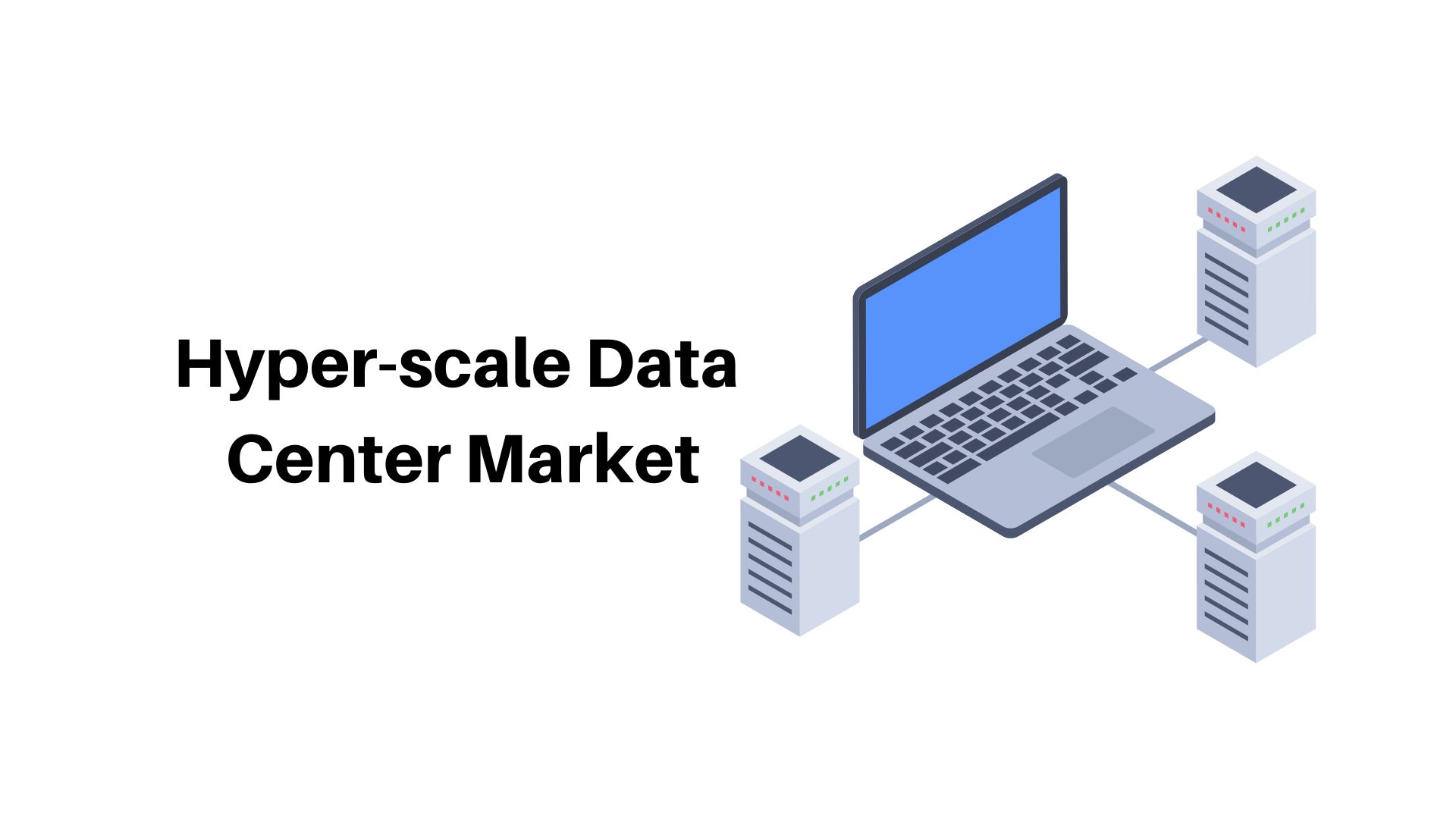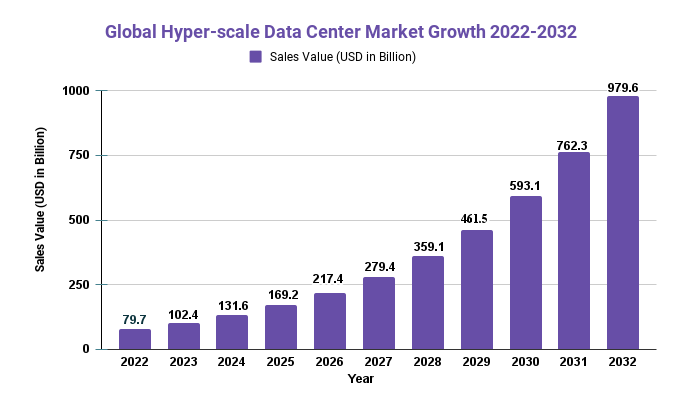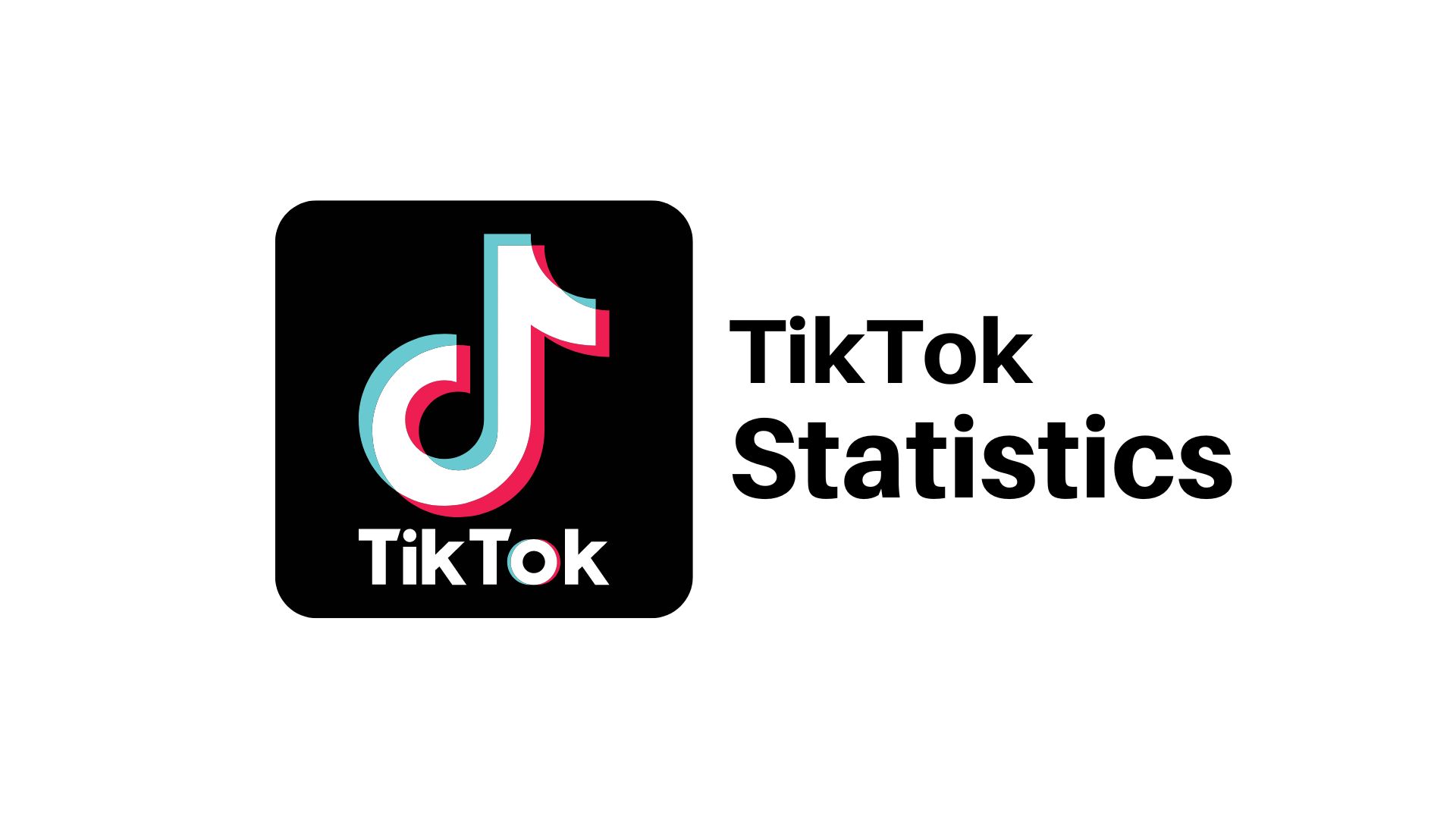Hyper-Scale Data Center Market To Power And Cross USD 979.7 Billion By 2032

Page Contents
Market Overview
Published Via 11Press: The Hyper-scale Data Center Market size is expected to be worth around USD 979.7 Bn by 2032 from USD 79.7 Bn in 2022, growing at a CAGR of 28.5% during the forecast period from 2022 to 2032.
The hyper-scale data center market has been experiencing tremendous growth in recent years. This can be attributed to the increasing demand for cloud computing services and the need for efficient data management. Hyper-scale data centers refer to facilities that host a large number of servers and storage devices, providing users with reliable access to digital resources.
The market is expected to continue growing due to the rising adoption of big data analytics, artificial intelligence, and machine learning technologies by businesses across various industries. Hyper-scale data centers help these organizations process large amounts of information quickly and accurately, enabling them to make informed decisions in real time.
Moreover, the market is also being driven by the growing popularity of edge computing which involves processing information close to where it was generated rather than sending it all back to a central location. This approach enables faster response times and reduces latency issues.
Request For Sample Report Here: https://market.us/report/hyper-scale-data-center-market/request-sample/

Key Takeaways
- Growth of Cloud Computing: With the increasing adoption of cloud computing, there is an increasing need for hyper-scale data centers that can offer large-scale processing, storage, and computing power to support cloud services.
- Increased Data Traffic: With the rise of data-intensive technologies such as the Internet of Things (IoT), artificial intelligence (AI), and big data analytics, hyper-scale data centers are expected to see exponential growth in demand as they provide the capacity to handle massive amounts of information.
- High Energy Efficiency: Hyper-scale data centers are engineered for maximum energy efficiency, featuring advanced cooling systems, renewable sources, and energy-saving hardware. This is because they consume a considerable amount of electricity; energy efficiency plays an essential role in cutting operating costs and minimizing their carbon footprint.
- Strong Market Competition: The hyper-scale data center market is highly competitive, with major players such as IBM Corporation, Cisco Systems, Hewlett Packard Enterprise, Intel Corporation, Microsoft Corporation, SAP SE, Google Inc, Sandisk Corporation, and Nlyte Software dominating it. Newer players face significant obstacles in breaking into this highly consolidated space.
- Geographic Expansion: Companies are expanding their hyper-scale data center operations worldwide in response to the rising demand for cloud computing and storage services. This has resulted in substantial investment in new data centers across regions such as Asia Pacific and Europe.
- Security Concerns: Hyperscale data centers store and process vast amounts of sensitive information, making them prime targets for cyberattacks. Therefore, companies must invest in advanced security measures to safeguard their information while still earning customer trust.
- Collaboration and Partnerships: In the hyperscale data center market, collaborations and partnerships between technology providers, hardware manufacturers, and data center operators are essential for success. This allows companies to pool their strengths to develop comprehensive solutions tailored to customer requirements.
Regional Analysis
- North America is currently the leading market for hyper-scale data centers, with the United States accounting for most of this growth. This dominance can be attributed to major cloud service providers, high demand for data storage and processing, as well as supportive government initiatives. North America is expected to maintain its leadership position in the sector through ongoing investments in new data centers and technology innovation.
- Europe The hyper-scale data center market in Europe is expected to experience rapid growth over the coming years, driven by cloud computing adoption and an uptick in digital services demand. Countries such as the United Kingdom, Germany, and France are major players in this region due to their strong infrastructures and supportive regulatory environments. Furthermore, investments are being made into renewable energy sources to improve energy efficiency and reduce carbon footprints.
- Asia Pacific is the fastest-growing region for hyper-scale data centers, with countries like China, India, and Japan leading the charge. This growth is being spurred on by factors such as rising internet penetration rates, digitalization initiatives, and government support to promote data center development. Furthermore, significant investments are being made into renewable energy sources and infrastructure to meet rising demand.
- Latin America The hyper-scale data center market in Latin America is still developing, with Brazil and Mexico as its two primary players. The region's growth can be attributed to increasing internet penetration rates, rising demand for cloud-based services, and supportive government policies. However, there are challenges such as inadequate infrastructure, political unrest, and a shortage of skilled personnel.
- Middle East and Africa The hyper-scale data center market in the Middle East and Africa are forecast to expand at a moderate pace, with countries such as the United Arab Emirates, Saudi Arabia, and South Africa leading the charge. This growth is being spurred by factors like increasing demand for digital services, rising investments in infrastructure development, and supportive government initiatives. Nevertheless, there are also challenges such as regulatory restrictions, political instability, and cybersecurity threats that must be overcome.
Drivers
- Growing Demand for Cloud Computing: As cloud-based services become more commonplace, there is an increasing need for hyper-scale data centers that offer large-scale processing and storage capacities. Cloud computing gives businesses access to their data and applications from anywhere, making it a desirable solution for organizations of all sizes.
- Rapid Development of Data-Intensive Technologies: The rapid rise of data-intensive technologies such as big data analytics, artificial intelligence, and machine learning is driving demand for hyper-scale data centers. These processes require enormous processing power and storage capacity which can only be accommodated by these large facilities.
- Increased Internet Penetration and Data Consumption: The increasing internet penetration and data consumption are driving the demand for hyperscale data centers. As more people access the internet to access digital content, there remains a pressing need for large-scale storage and processing capabilities.
- Energy Efficiency and Sustainability: Hyper-scale data centers are designed for maximum energy efficiency, featuring advanced cooling systems, renewable sources of power, and efficient hardware. Energy conservation is essential in cutting operating costs while minimizing the environmental impact of data centers.
- Globalization of Business Operations: As businesses expand worldwide, there is an increasing need for data storage and processing capabilities in different locations. Hyper-scale data centers enable businesses to store and access their information remotely, making operating on a global scale much simpler.
- Focus on Data Security and Privacy: Businesses are increasingly concerned with data security and privacy in light of the growing threat of cyberattacks. Hyper-scale data centers employ advanced security measures like firewalls, intrusion detection systems, and encryption to safeguard sensitive information from unauthorized access.
- Collaboration and Partnership: The hyper-scale data center market requires collaboration and partnerships among technology providers, hardware manufacturers, and data center operators. This allows companies to draw upon each other's strengths in order to craft comprehensive solutions tailored to customer needs.
Browse the summary of the report and Complete Table of Contents (TOC): https://market.us/report/hyper-scale-data-center-market/table-of-content/
Restraints
- High Capital Expenditure: Building, and operating hyper-scale data centers require significant capital expenditure. The high cost of infrastructure, hardware, and personnel can be a barrier to entry for smaller players, limiting the competition in the market. Regulatory Challenges, Hyper-scale data centers are subject to various regulatory requirements, including data privacy, security, and environmental regulations.
- Compliance with these regulations can be complex and costly: limiting the market potential in some regions. Limited Availability of Skilled Workforce, Hyper-scale data centers require specialized skills, including expertise in data center design, operation, and maintenance. The limited availability of skilled personnel can be a significant constraint for businesses looking to build and operate hyper-scale data centers.
- Data Sovereignty and Localization: Some countries have laws and regulations that require data to be stored locally, limiting the market potential for hyper-scale data centers. Data sovereignty and localization requirements can also create challenges for businesses that operate globally, as they need to comply with different regulations in different regions.
- Environmental Concerns: Hyper-scale data centers consume a significant amount of energy, and their carbon footprint can be substantial. Concerns over climate change and the environmental impact of data centers are driving demand for more energy-efficient and sustainable solutions, which can be a challenge for some hyper-scale data center operators.
- Security and Cybersecurity Concerns: Hyper-scale data centers are a high-value target for cyberattacks, and breaches can result in significant financial and reputational damage. Ensuring the security and cybersecurity of hyper-scale data centers requires advanced technologies and skilled personnel, which can be a significant constraint for some businesses.
Opportunities
- Cloud Adoption: Cloud computing adoption is expected to continue its upward trajectory, fueling demand for hyperscale data centers. Cloud providers such as Amazon Web Services, Microsoft Azure, and Google Cloud are investing heavily in hyper-scale data centers in an effort to meet this growing need for cloud services.
- Edge Computing: Edge computing is rapidly becoming a must-have technology for the Internet of Things (IoT), as well as other applications requiring low latency and real-time processing. Hyper-scale data centers can serve as the backend infrastructure for edge computing, opening up exciting business opportunities.
- Hybrid Cloud: Many organizations are moving toward a hybrid cloud strategy, combining public and private clouds. Hyperscale data centers can serve as the infrastructure for public cloud services while private clouds can be hosted either on-premises or in smaller data centers.
- Emerging Markets: The hyper-scale data center market is just beginning to take off in many emerging markets, offering businesses a wealth of possibilities. As more people access the internet and demand digital services, demand for these large-scale data centers will only continue to expand.
- Digital Transformation: Businesses are experiencing the digital revolution, driving demand for hyperscale data centers. As companies adopt cutting-edge technologies like artificial intelligence, big data analytics, and machine learning they require more powerful processing power and storage capacity which can only be provided by large-scale data centers.
- Innovation: Hyper-scale data centers are at the cutting edge of innovation in data center design, operation, and management. Businesses that invest in hyper-scale data centers can take advantage of cutting-edge technologies and best practices, improving their efficiency, agility, and competitiveness.
- Strategic Partnerships: Hyperscale data centers require significant capital and expertise, making strategic partnerships an attractive option for businesses.
- Collaboration between technology providers: hardware manufacturers, and data center operators can create comprehensive solutions that address customer needs while stimulating market growth.
Challenges
- Security Concerns: Hyper-scale data centers are vulnerable to cyber-attacks, making security a top priority for businesses. Data breaches and attacks can damage a company's reputation, leading to financial losses and regulatory violations.
- Scalability: Hyper-scale data centers necessitate significant investments in infrastructure, hardware, and personnel. As demand for data center services grows, businesses must guarantee their infrastructure can expand to accommodate this growth.
- High Energy Consumption: Hyper-scale data centers consume an enormous amount of energy, leaving their carbon footprint significantly. To address the energy consumption challenge, businesses must invest in energy-saving technologies, renewable sources, and other sustainability initiatives.
- Cost Management: Hyperscale data centers require significant capital expenditures for infrastructure, hardware, and personnel. Businesses must manage their costs efficiently in order to guarantee profitability and sustainability over the long haul.
- Regulatory Compliance: Hyper-scale data centers must adhere to various regulatory requirements, such as data privacy and security laws as well as environmental laws. Complying with these regulations can be complex and expensive for businesses consequently, businesses must invest in specialized skills and expertise for success.
- Talent Shortage: Hyper-scale data centers require specialized skillsets, such as knowledge in data center design, operation, and maintenance. A shortage of experienced personnel can pose a significant obstacle for businesses looking to construct or run these large data centers.
- Data Sovereignty and Localization: In some countries, laws and regulations mandate data to be stored locally. This can pose challenges for businesses operating globally that must address data sovereignty and localization obligations.
Recent Development
- June 2022 Equinix Inc. is a global leader in digital infrastructure and PGIM Real Estate is Prudential financial’s real estate investment and financing business. The opening of the xScale Sydney data center, called SY9x, was announced by Equinix Inc. and PGIM Real Estate. This announcement came after the successful completion of the USD 575 million joint venture.
- May 2022 NTT Ltd. in India announced that it has launched a hyper-scale data center facility at Navi Mumbai. It will be the NAV1A Data Center. NTT now has 12 data centers in India, bringing its total countrywide presence to more than 2.5 million square feet (232,258 m2) and 220 MW of facility power. This solidifies NTT's position as India's market leader for this segment.
Report Scope
| Report Attribute | Details |
| The market size value in 2022 | USD 79.7 Bn |
| Revenue forecast by 2032 | USD 979.7 Bn |
| Growth Rate | CAGR Of 28.5% |
| Regions Covered | North America, Europe, Asia Pacific, Latin America, and Middle East & Africa, and the Rest of the World |
| Historical Years | 2017-2022 |
| Base Year | 2022 |
| Estimated Year | 2023 |
| Short-Term Projection Year | 2028 |
| Long-Term Projected Year | 2032 |
Key Market Segments
Type
- Servers
- Networking
Application
- Cloud Service Providers
- Collocation Service Providers
- Enterprises
Key Market Players included in the report:
- IBM Corporation
- Cisco Systems
- Hewlett Packard Enterprise
- Intel Corporation
- Microsoft Corporation
- SAP SE
- Google Inc
- Sandisk Corporation
- Nlyte Software
Frequently Asked Question
What is the market study period?
The Hyper-scale Data Center Market is studied from 2017 – 2032.
What is the growth rate for the Hyper-scale Data Center Market?
The Hyper-scale Data Center Market is growing at a CAGR of 28.5%
Which region experiences the highest rate of growth in the Hyper-scale Data Center Market?
Asia Pacific is growing at the highest CAGR over 2022- 2032.
Which region is the largest in the Hyper-scale Data Center Market?
Europe holds the highest share in 2022.
Who are the major players in the Hyper-scale Data Center Market?
IBM Corporation, Cisco Systems, Hewlett Packard Enterprise, Intel Corporation, Microsoft Corporation, SAP SE, Google Inc, Sandisk Corporation, Nlyte Software
The team behind market.us, marketresearch.biz, market.biz and more. Our purpose is to keep our customers ahead of the game with regard to the markets. They may fluctuate up or down, but we will help you to stay ahead of the curve in these market fluctuations. Our consistent growth and ability to deliver in-depth analyses and market insight has engaged genuine market players. They have faith in us to offer the data and information they require to make balanced and decisive marketing decisions.



